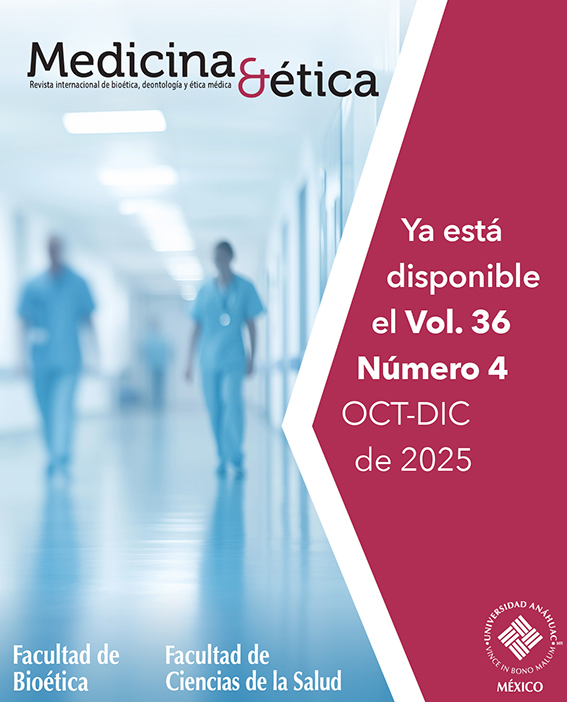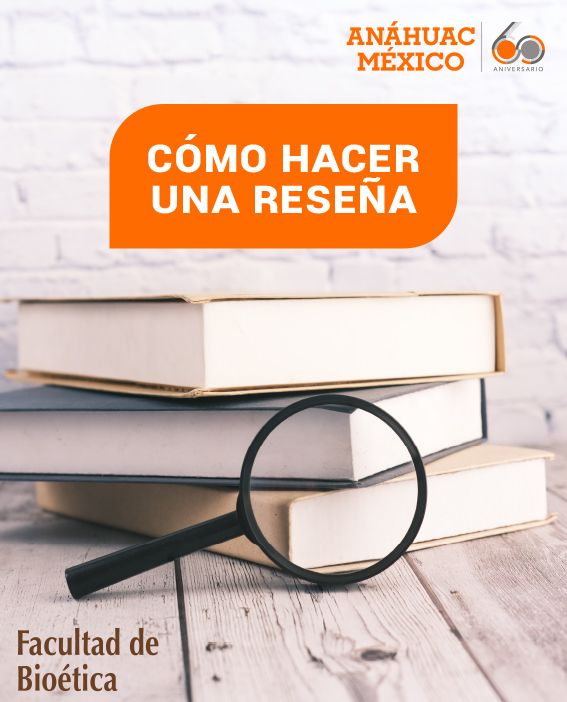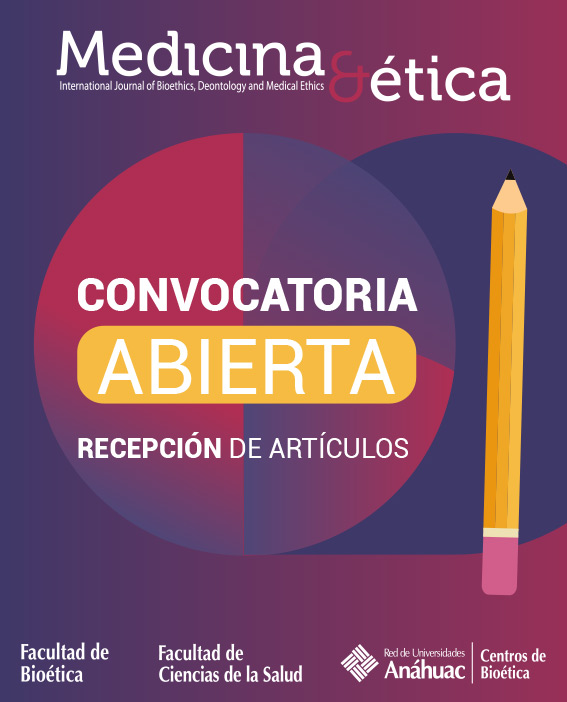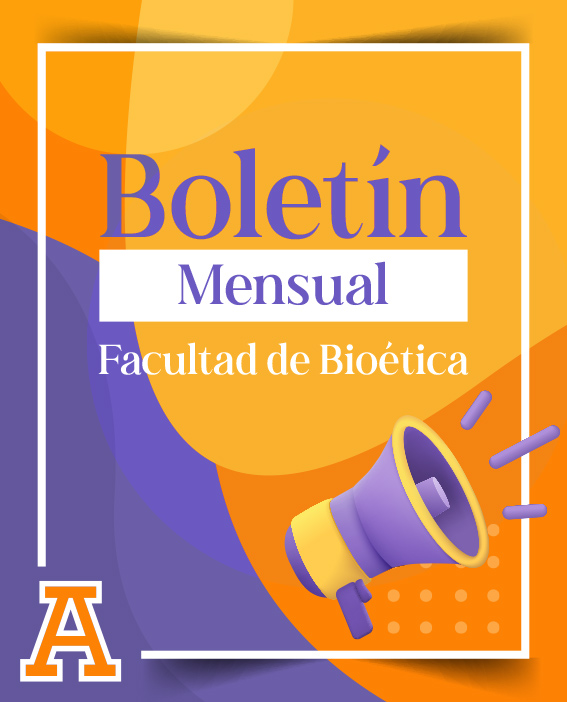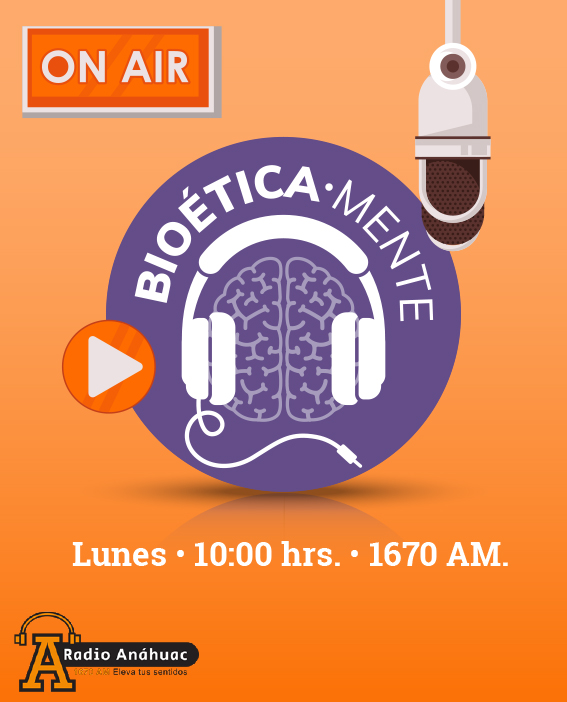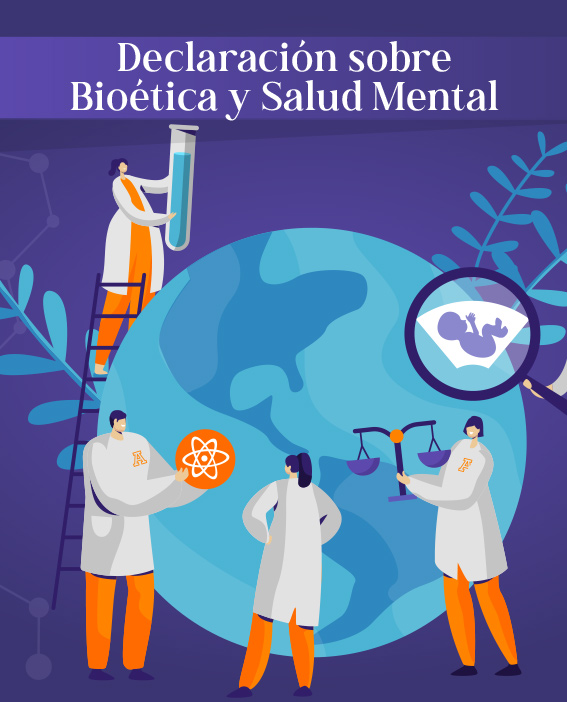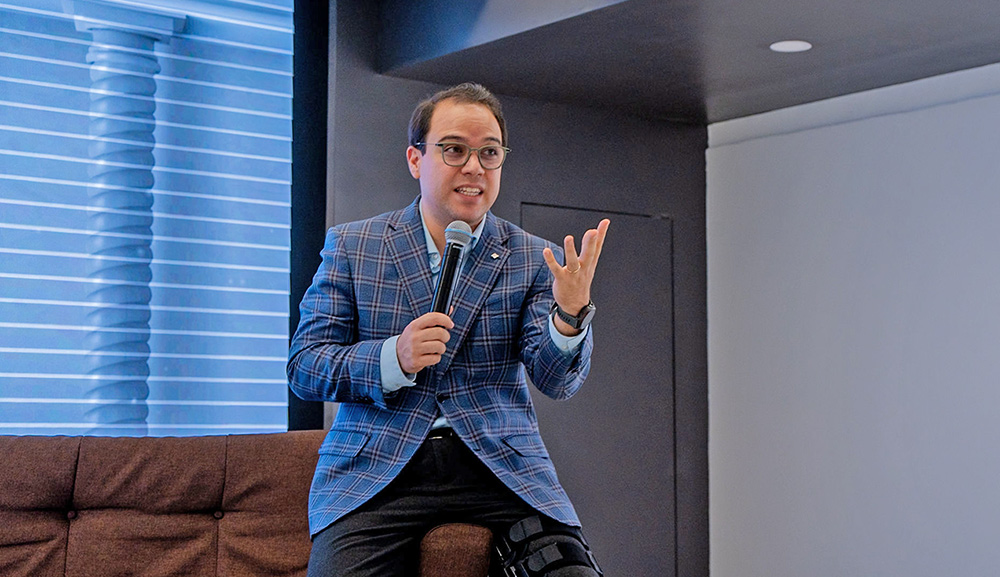
The director of the School of Bioethics at Anáhuac México emphasized the importance of bioethics in guiding medical practice in the face of the technological and ethical challenges of the 21st century.
On August 29, 2025, Anáhuac University Veracruz, Xalapa Campus, hosted the keynote address "Bioethics in Health Sciences," given by Dr. José Alberto Castilla Barajas, director of the School of Bioethics at Anáhuac University Mexico. The academic event brought together students from the School of Medicine, as well as professors and university authorities, with the aim of strengthening the comprehensive training of future health professionals.
During his presentation, Dr. Castilla emphasized that bioethics is a fundamental discipline in the 21st century, as it analyzes and guides decisions arising from scientific, technological, and medical advances. He also explained that it is not merely an abstract theory, but a practical tool that helps physicians, researchers, and healthcare professionals address the ethical dilemmas that arise in their daily work.
He also emphasized that the mission of bioethics is to preserve human dignity, promote social justice, and guide clinical practice in a responsible and sustainable manner, always placing the human being at the center of all medical and scientific action.
He also noted that contemporary medicine faces increasingly complex challenges, such as the incorporation of new technologies, research in genetics and biotechnology, the use of artificial intelligence in clinical processes, and resource management in contexts of inequality. In the face of these challenges, bioethics offers a personalist framework that guides decisions toward the common good and respect for the individual at all stages of life.
Without a doubt, for those attending, this conference represented an opportunity to understand that medical training cannot be limited to technical or scientific competencies, but rather requires solid ethical criteria to guide professional practice. Therefore, Dr. Castilla invited them to integrate bioethics as an essential element of their development.
He added that the future of medicine depends on its ability to be practiced with humanity, empathy, and social responsibility. Specific examples of the doctor-patient relationship, decision-making in critical care, and the protection of patient rights in research illustrated how bioethics permeates all areas of healthcare.
This academic gathering not only introduced students to a field of knowledge essential to their professional future, but also fostered a space for interdisciplinary dialogue in which it was recognized that every clinical decision has a human and social impact.
In this sense, the conference reinforced the idea that medicine always requires an ethical compass that complements technique and science, remembering that innovation and progress are only valid when they are put at the service of the person.
Through these activities, the Anáhuac Community reaffirms its commitment to developing positive-action leaders who integrate academic excellence with a deeply humanistic vision.
Without a doubt, the presence of Dr. José Alberto Castilla Barajas at the Xalapa Campus was a testament to the efforts of the Anáhuac University Network to bring students closer to bioethical reflection as a cross-cutting axis that guides and strengthens the practice of the medical profession.
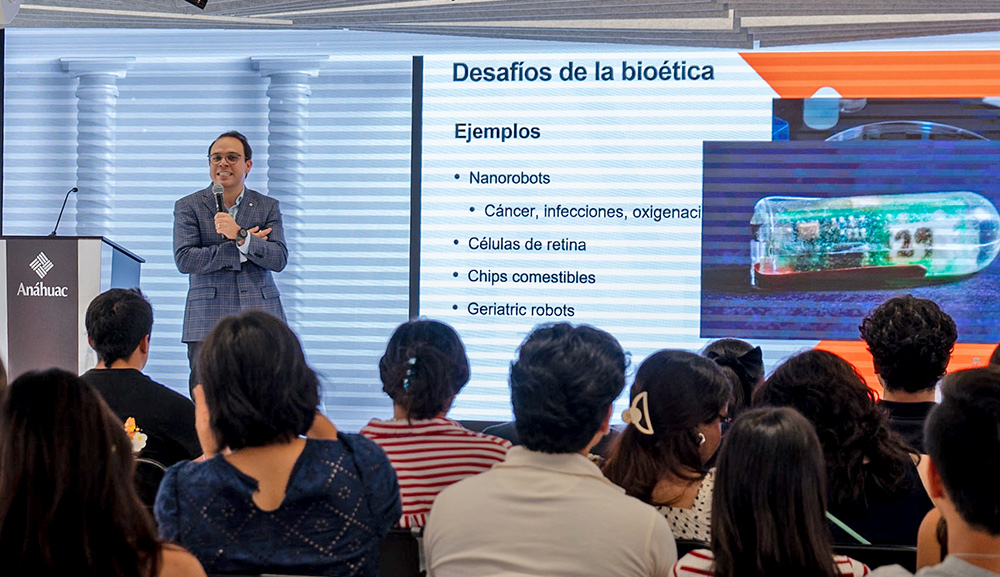
More information:
MPSS Estefanía Alvarez
Facultad de Bioética
bioética@anahuac.mx

